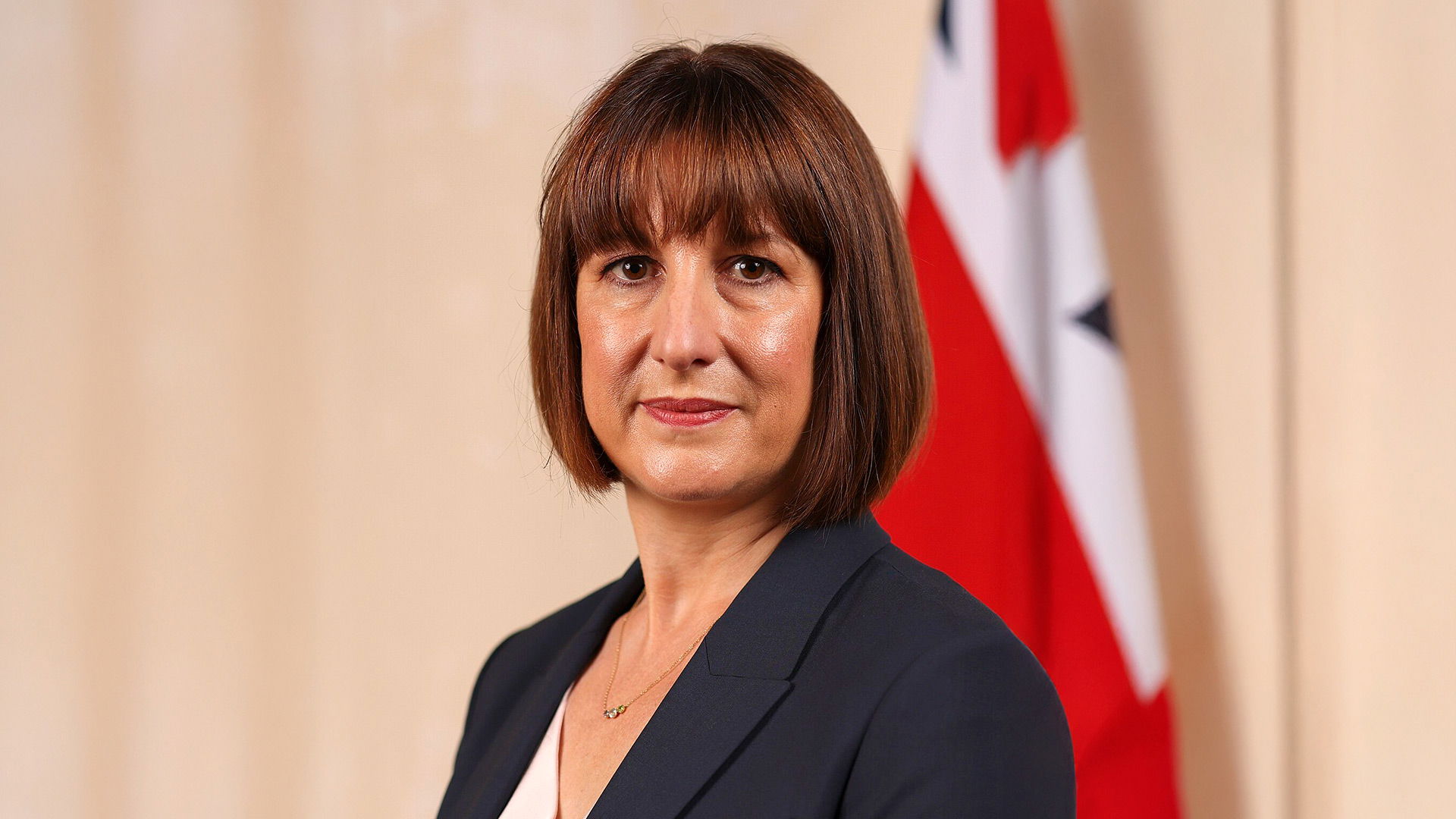The UK gambling industry found temporary relief in Chancellor Rachel Reeves’ autumn budget, as previously speculated tax increases on the sector were notably absent. The budget, marking the Labour government’s first in nearly 15 years, introduced a sweeping £40 billion ($51.5 billion) tax increase aimed at stabilizing the economy.
However, Reeves’ approach avoided burdening the gambling industry with additional taxes, a move that industry leaders welcomed as essential for maintaining stability amid ongoing regulatory changes.
During the budget presentation, Reeves emphasized the need for these tax hikes to address what she described as a £22 billion ($28.3 billion) deficit inherited from the previous Conservative administration. The opposition, led by former Prime Minister Rishi Sunak, challenged these claims, accusing Labour of “fiddling the figures” and veering away from key manifesto promises.
Despite speculation that the gambling sector would face new taxes, the budget confirmed that gross gaming yield bandings would be frozen from April 1, 2025, through March 30, 2026, sparing the industry from an immediate tax hike.
Speculation on increased gambling duties had surged after reports indicated the government might consider raising remote gambling duty (RGD) from 21% to as high as 50%, a recommendation made by think tanks like the Institute for Public Policy Research (IPPR).
Entain CEO Gavin Isaacs previously cautioned the government about the potential economic ramifications of such an increase. Industry leaders, including Betting and Gaming Council (BGC) CEO Grainne Hurst, have consistently argued that drastic tax increases could drive customers toward unregulated markets.
Hurst stated: “Our industry is at a crossroads as we seek to implement the measures contained in the White Paper, measures that will cost our sector over £1bn ($1.3 billion).” She also emphasized that the new £100 million ($128.7 million) annual levy for research and treatment of problem gambling would place an additional financial burden on gambling operators.
While this budget offered a reprieve, the government indicated plans to address gambling tax reform in 2025. Currently, gambling taxes in the UK follow a tiered system, with a 15% duty on general betting receipts and a 21% tax rate on remote gambling. In a move toward simplification, the government announced plans to consolidate remote gambling, which includes internet, telephone, TV, and radio betting, under a single tax structure.
Alun Bowden, senior vice president at Eilers & Krejcik Gaming, commented on the prospects of a tax increase within the next year, stating that a rise in online gambling tax rates feels inevitable. He suggested that the sector could potentially absorb a modest increase, especially in sports betting, which is taxed relatively low in the wider European context.
The BGC expressed relief following the budget announcement, with Hurst stating: “Government has listened to the BGC and our members, got the balance right and rejected calls from anti-gambling prohibitionists seeking to threaten jobs and growth.”
